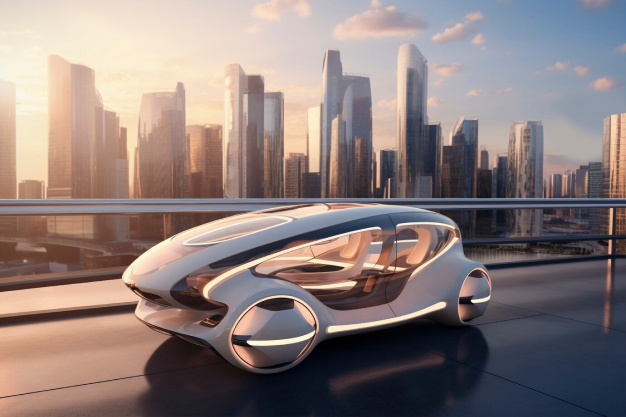The Future of Electric Vehicles: What’s Next in Automotive Tech?

Introduction
Electric vehicles (EVs) are rapidly gaining popularity as the world shifts towards cleaner and more sustainable transportation options. With advancements in battery technology, charging infrastructure, and autonomous driving, the future of EVs looks promising. This blog post explores the latest developments in electric vehicles and what we can expect in the coming years.
Advancements in Battery Technology
One of the biggest challenges for electric vehicles has been battery technology. However, recent advancements are making EVs more efficient and affordable. Solid-state batteries, which offer higher energy density and faster charging times, are expected to revolutionize the industry. These batteries are also safer and more environmentally friendly than traditional lithium-ion batteries.
Expansion of Charging Infrastructure
As the demand for electric vehicles grows, so does the need for a robust charging infrastructure. Governments and private companies are investing heavily in expanding the network of charging stations. Fast-charging technology is also improving, allowing EVs to recharge in minutes rather than hours. In the near future, wireless charging could become a reality, making it even more convenient to charge electric vehicles.
Autonomous Driving and EVs
The integration of autonomous driving technology with electric vehicles is another exciting development. Companies like Tesla, Waymo, and Uber are leading the way in developing self-driving EVs. Autonomous vehicles have the potential to reduce accidents, improve traffic flow, and make transportation more accessible. As this technology matures, we can expect to see more autonomous electric vehicles on the road.
Electric Trucks and Buses
The electrification of commercial vehicles, such as trucks and buses, is gaining momentum. Electric trucks offer lower operating costs, reduced emissions, and quieter operation compared to traditional diesel trucks. Similarly, electric buses are being adopted in cities around the world as a cleaner alternative to diesel-powered public transportation.
Environmental Impact
Electric vehicles are a key component of the global effort to reduce greenhouse gas emissions and combat climate change. As the adoption of EVs increases, we can expect a significant reduction in air pollution and a shift towards renewable energy sources for charging. However, it’s important to continue improving the sustainability of EV production and battery disposal.
Conclusion
The future of electric vehicles is bright, with continuous advancements in technology and infrastructure driving their adoption. As EVs become more affordable, efficient, and accessible, they will play a crucial role in shaping the future of transportation. The transition to electric vehicles is not just a trend but a necessary step towards a more sustainable and cleaner world.



